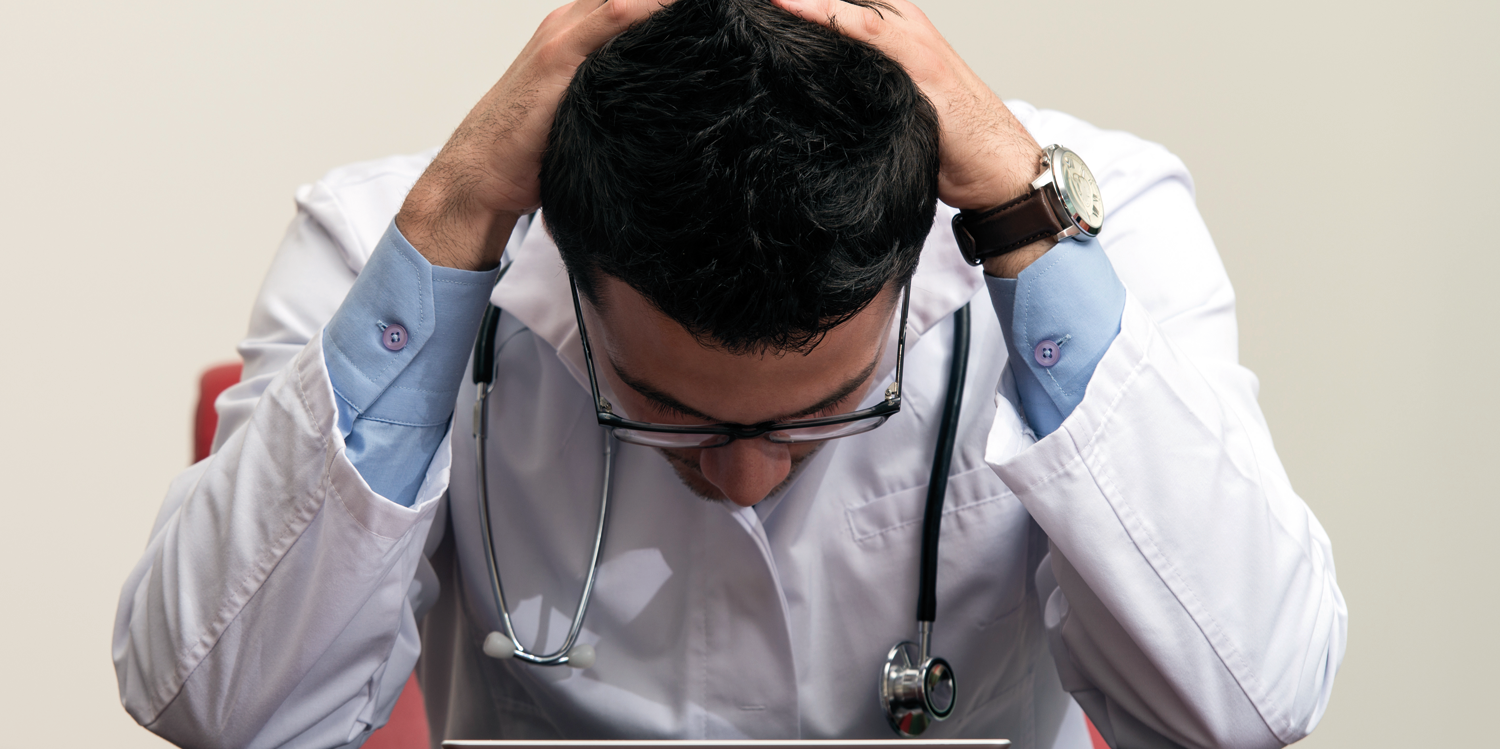 Aboriginal and Torres Strait Islander doctors in training experience or witness racism at work at more than double the rate of their colleagues, new figures reveal.
Aboriginal and Torres Strait Islander doctors in training experience or witness racism at work at more than double the rate of their colleagues, new figures reveal.
The 2024 Medical Training Survey shows Aboriginal and Torres Strait Islander junior doctors report experiencing or witness racism at a rate of 38%, compared to 17% of other trainees.
The survey also revealed 33% of trainees have reported experiencing or witnessing bullying, discrimination, harassment, sexual harassment or racism, spiking to 54% of Aboriginal and Torres Strait Islander trainees and 44% of interns.
In WA, one in three trainees experienced or witnessed discrimination, harassment, sexual harassment or racism.
Of those, just 29% of trainees reported the incident they experienced and 23% reported the incident they witnessed. But 68% said it had an impact on their training, with 14% reporting a major effect.
Those who did not formerly report these behaviours were often concerned about repercussions or felt nothing would be done if it was reported, the survey found.
Medical Board of Australia Chair, Dr Anne Tonkin, said there was no excuse for the lack of professionalism and respect reported by trainees.
“I am appalled by what Aboriginal and Torres Strait Islander trainees report. Clearly, our efforts to strengthen cultural safety in medicine and the health system more widely are urgent and well targeted. Our health system and our community need to do better,” Dr Tonkin said.
“There is no place for bullying, discrimination, racism, sexual harassment or other forms of harassment in medicine or in any civil society.”
The source of reported unprofessional behaviour varied across trainees. For 49% of GP trainees and 54% of interns, patients and their families were the most common source of unprofessional behaviour.
Workloads were also a concern for doctors in training, with 47% rating their workload as ‘heavy’ or ‘very heavy’. Three in five said they worked more than 40 hours per week and one in 10 reported working more than 60 hours per week.
In WA, the percentage was slightly lower than national indicators, with 43% saying their workload was heavy or very heavy.
High workloads, unpaid overtime, having to relocate for work, high costs of training and dealing with patient expectations were highlighted as having adverse impacts on trainees’ wellbeing.
This compounds to trainees considering leaving the profession. The survey found that nationally 29% of Aboriginal and Torres Strait Islander trainees and about 19% of all trainees are considering a career outside of medicine.
This is particularly concerning given that Aboriginal and Torres Strait Islander medical practitioners are key agents in the provision of culturally safe healthcare to people within their communities.
Dr Tonkin said the MTS results showing issues in the culture of medicine point to wider community attitudes and behaviours.
“What remains is a challenge to our collective ability – and will – to apply MTS data to shape strategies for positive change.”
However, it was not all bad news for doctors in training, as results show the national quality of trainee supervision, orientation, teaching, education and training on patient safety remain high.
Some 81% of interns reported that their medical school prepared them well for medical training. In WA the same number said they would recommend their training to other doctors and recommend their current workplace as a place to train.

